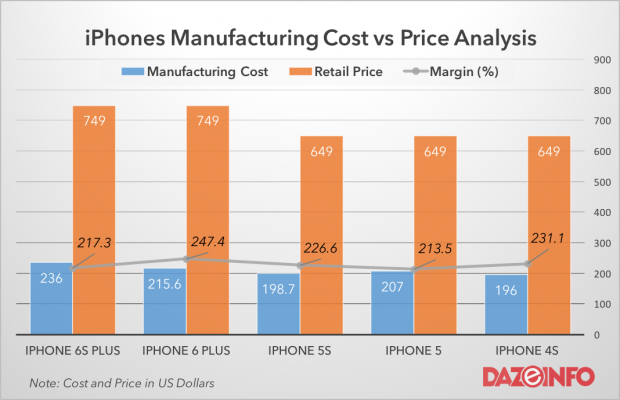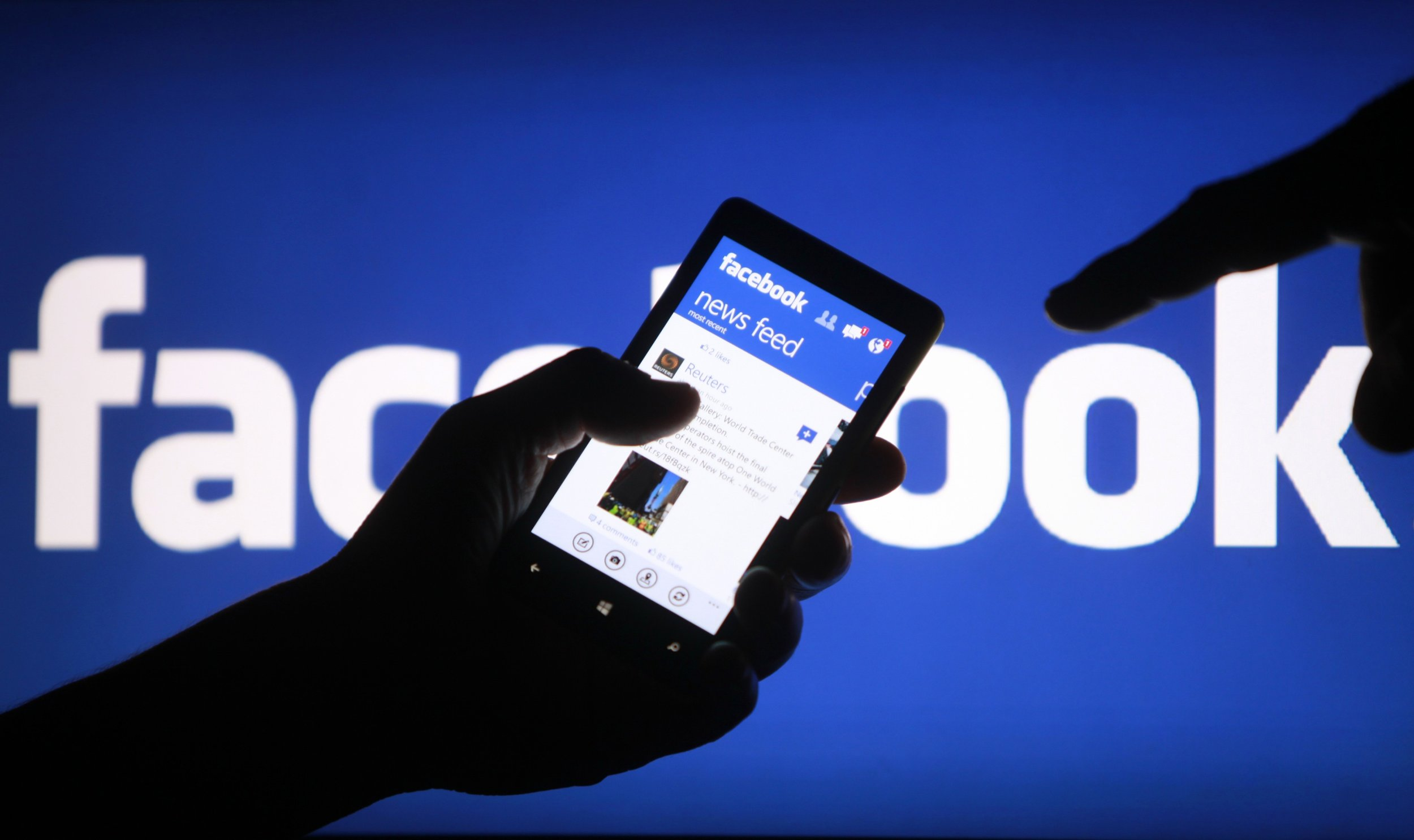Microsoft Android patents represent a significant pillar of the company’s strategy in the highly competitive realm of mobile technology. With over 300 patents tied to the Android operating system, Microsoft capitalizes on patent licensing agreements that generate substantial revenue, estimated at around six billion dollars annually. This has allowed Microsoft to profit from Android, highlighting the intriguing dynamics of the Microsoft and Google rivalry, especially when contrasted with the struggles of Windows Phone. By charging Android manufacturers licensing fees, the tech giant has created a lucrative income stream amidst stiff competition in the smartphone market. As the battle between these two titans continues, Microsoft’s strategic leverage through its Android patents remains a critical factor in its long-term growth and market position.
The landscape of mobile technology is dominated by various intellectual property strategies, especially those employed by major corporations like Microsoft. By securing a plethora of patents connected to the Android ecosystem, Microsoft has been able to establish a continuous revenue stream from Android-based devices, solidifying its presence in a market where it once struggled with its own Windows Phone offerings. The competitive dynamics between Microsoft and Google keep intensifying, with the former finding innovative ways to generate income through Android licensing fees. As smartphone manufacturers seek to navigate the complexities of patent licensing agreements, Microsoft’s strategic maneuvers become even more significant in the ongoing narrative of technology rivalry. This situation sheds light on the intricate relationships that define the mobile industry today.
Understanding Microsoft Android Patents
Microsoft’s extensive portfolio in the realm of Android technology is highlighted by its holding of over 300 patents. These patents cover a wide range of functionalities and features within the Android ecosystem, allowing Microsoft to secure substantial revenue through patent licensing agreements. By enforcing these patents, Microsoft effectively capitalizes on the ubiquitous presence of Android devices globally, transforming its intellectual property into a lucrative asset that bolsters the company’s overall financial health.
The significance of these patents extends beyond mere revenue; it represents Microsoft’s strategic positioning in the tech landscape where it competes against major players like Google. The diverse array of technologies encapsulated in these patents often intersects with the core functionalities of Android, giving Microsoft leverage in negotiations with manufacturers. This aspect highlights the ongoing tech rivalry, particularly between Microsoft and Google, as both companies vie for dominance in the mobile market.
Frequently Asked Questions
How much revenue does Microsoft generate from Android patents?
Microsoft generates approximately six billion dollars from Android patents each year through licensing fees. This revenue comes from patent licensing agreements with various smartphone manufacturers, which include over 300 patents related to the Android operating system.
What are Microsoft Android patent licensing agreements?
Microsoft Android patent licensing agreements are contracts between Microsoft and Android device manufacturers that allow these manufacturers to use Microsoft’s patented technology. This arrangement ensures that Microsoft earns licensing fees, contributing significantly to its revenue from Android.
How does the Microsoft and Google rivalry relate to Android patents?
The Microsoft and Google rivalry is highlighted through their competition in technology markets, where Android serves as a direct competitor to Windows Phone. Microsoft holds numerous Android patents, which allows it to leverage this rivalry to earn substantial revenue from licensing fees charged to Android device makers.
What is the significance of Microsoft revenue from Android?
The Microsoft revenue from Android is significant as it showcases how Microsoft has managed to profit from a competing platform. Despite ongoing challenges with Windows Phone, Microsoft’s licensing strategy allows it to capitalize on the widespread adoption of Android.
How do Android licensing fees benefit Microsoft?
Android licensing fees benefit Microsoft by providing a steady source of revenue each time a new Android device is sold. With deals that may include fees of around $3.41 per device, Microsoft’s earnings from Android licensing have reached billions, enhancing its overall financial performance.
What impact do Microsoft Android patents have on the smartphone industry?
Microsoft Android patents impact the smartphone industry by influencing manufacturers to seek licensing agreements. This process not only affects pricing strategies but also ensures that Microsoft remains a key player in the Android ecosystem, receiving royalties from the increasing number of Android devices.
How many Android patents does Microsoft hold?
Microsoft holds over 310 patents related to the Android operating system. This extensive patent portfolio plays a vital role in the company’s strategy to earn revenue through licensing agreements with manufacturers.
Is Microsoft still investing in Windows Phone despite Android’s success?
Yes, Microsoft continues to invest in Windows Phone, although it faces significant challenges due to Android’s success. The company aims to showcase its services on Windows Phone devices while simultaneously benefiting from revenue generated through Android patent licensing.
What do Samsung’s royalty payments to Microsoft indicate about Android patents?
Samsung’s royalty payments, which previously exceeded 1 billion dollars to Microsoft, indicate the financial impact of Android patents. Such payments reflect the substantial revenue that Microsoft can earn from its patent agreements with major manufacturers in the Android ecosystem.
What are the challenges Microsoft faces in the Android landscape?
Despite earning substantial revenue from Android patents, Microsoft faces challenges such as competition from Google and the slow adoption of its own Windows Phone platform. These dynamics influence Microsoft’s strategic decisions in the tech space.
| Key Point | Description |
|---|---|
| Microsoft’s Patent Portfolio | Microsoft holds over 300 patents related to the Android operating system. |
| Revenue from Licensing | The company earns approximately six billion dollars from Android through licensing fees. |
| Competition with Google | Microsoft and Google are rivals, particularly with their smartphone platforms. |
| Royalties from Manufacturers | Microsoft receives substantial royalty payments, notably around $3.41 per Samsung device. |
| Impact on Windows Phone | Despite losses in Windows Phone sales, Microsoft benefits from Android’s growth. |
Summary
Microsoft Android patents are a pivotal aspect of the company’s revenue model. With a patent portfolio exceeding 300 entries, Microsoft has positioned itself as a strong player in the Android ecosystem. The substantial licensing fees it collects – reportedly around six billion dollars – underscore the financial viability of its Android-related patents. This strategic maneuver allows Microsoft to profit significantly even amid challenges faced in the Windows Phone market, highlighting a crucial competitive edge over its rivals. As such, Microsoft not only navigates the competitive landscape effectively but also leverages its Android patents to bolster its financial health.








